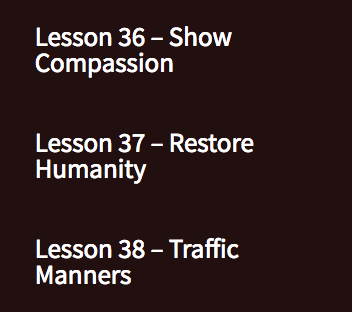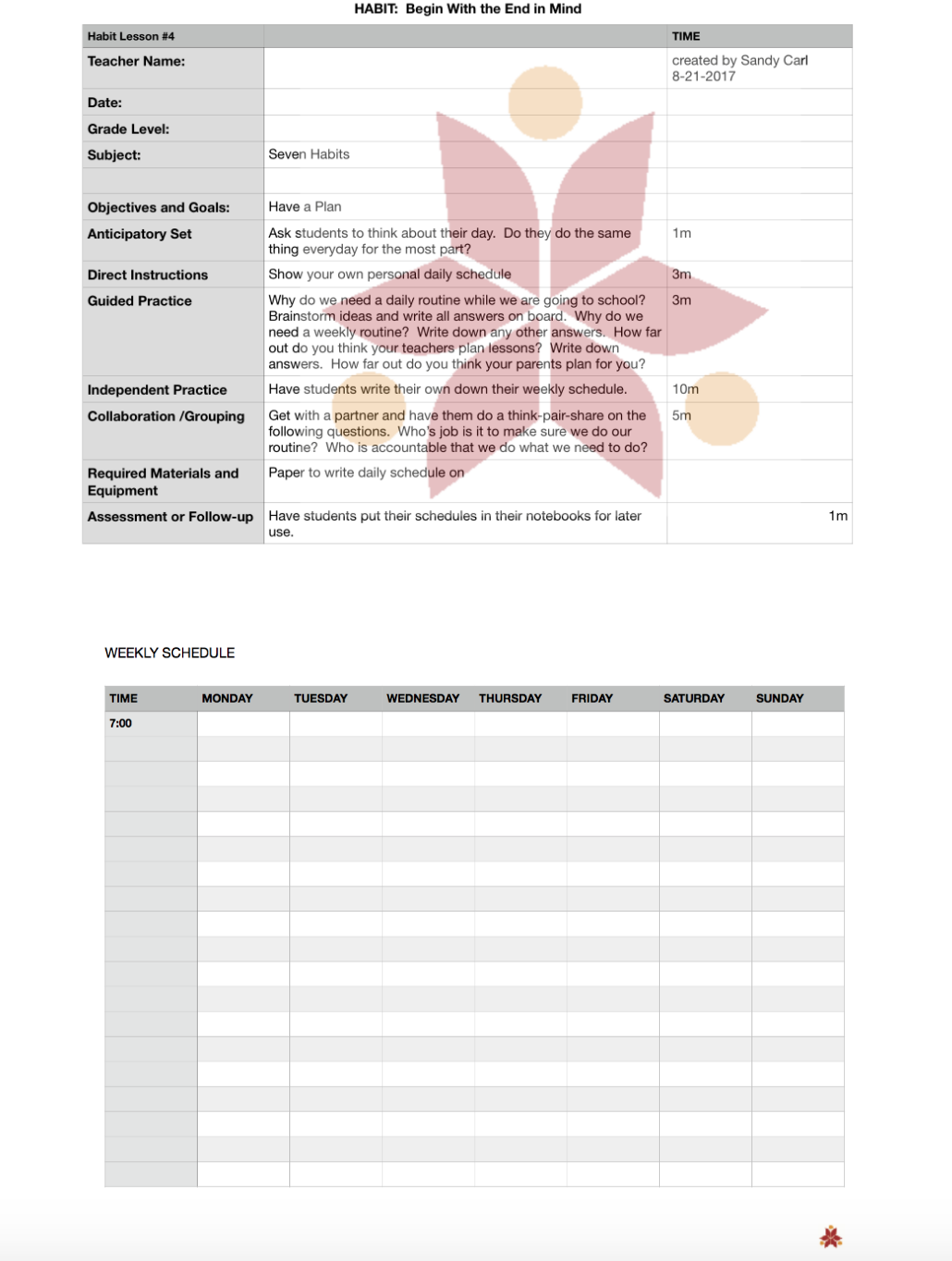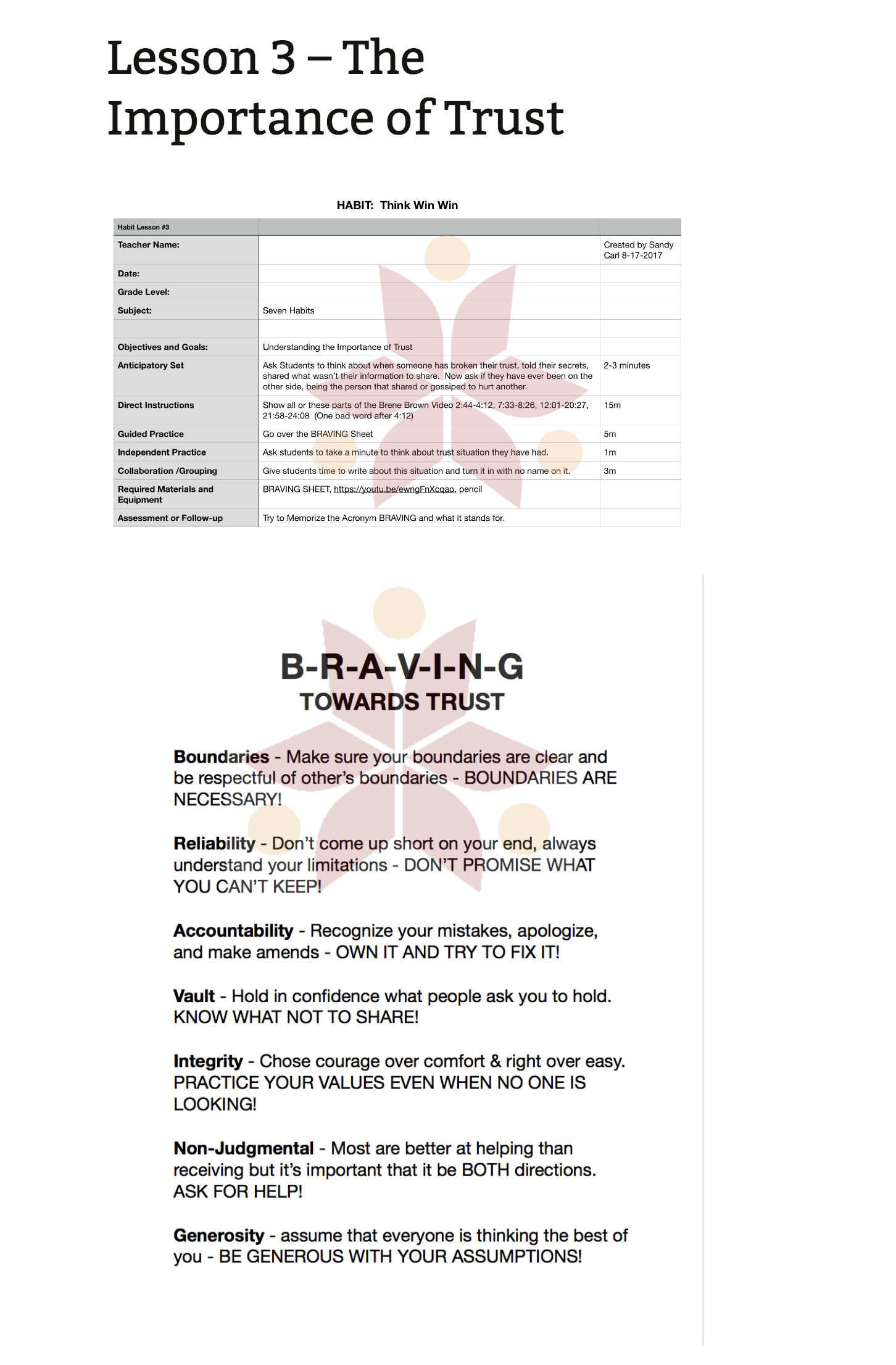
Dr. Laura Hills, Blue Pencil Institute’s president, ends most of her live presentations and video programs by putting her index fingers to her temples and encouraging her audience to, “Keep on learning.” As an educator who has worked with career professionals and other adult learners for more than 30 years, Dr. Hills has made keep on learning her signature closing because she believes that lifelong learning is the single most important investment a career professional can make in his or her success.
As long as career professionals keep on learning, Dr. Hills says, they will become more productive, more effective, and more successful. And, through learning and improving, they will ultimately feel more rewarded, more fulfilled, and more enthusiastic their work and their lives. However, without learning, she warns, career professionals are in danger of faltering and stagnating. Eventually, she has observed, they are prone to becoming ineffective, bored, disheartened, and in some cases, sick.
Most career professionals get on board with Dr. Hills’ idea of lifelong learning pretty easily. However, actually being a lifelong learner is more challenging. There are many distractions and obstacles to learning and there is only so much time in the day. Many busy career professionals wonder how they can they make their learning a regular and focused part of their already jam-packed lives. Below are Blue Pencil Institute’s 15 tips for successful lifelong learning. Read on to learn what you can do to make lifelong learning your priority and a regular and consistent part of your life.
1. Make a conscious decision to be a lifelong learner. Don’t be content with what you know. Make a commitment to learn new ways to expand and to sharpen your personal and professional skills. Reading first rate tests, consuming excellent electronic media, and participating in engaging continuing education programs, from varied sources, will keep you informed, in touch with, and energized by new ideas – but only if you commit to your own learning.
2. Dare to dream big. If you have big dreams of going back to school or switching career paths altogether, don’t ignore them. Put these ideas on paper, share them with a few trusted individuals, and promise to explore what it would take to make these dreams a reality. At the very least, you’ll learn something new along the way. Even if this process doesn’t lead you to the actualizing the dream you first had in mind, it could lead you in a new and better direction for your life path than you initially envisioned.
3. Engage in work that encourages, requires, and/or supports your lifelong learning.Choose a career and an employer that encourages, fosters, and values your continual learning. If you are in a job that doesn’t have much intellectual freedom or if you work for an employer that doesn’t value learning, consider making a change.
4. Schedule a time for learning. We’re learning all the time, often without our knowing it. But when it comes to achieving our focused learning goals, our minds appreciate regularity and rhythm. Carve out a specific time each day, ideally, in the same place, to devote formally to your learning activities. Even 15 minutes a day for your learning can make a difference. Get rid of distractions like email and your cell phone during this time. Focus your attention on your learning goals and activities.
5. Use scraps of time or trapped time for learning. Always carry a text or another resource with you that you can turn to when you have small bits of time. Commuting time, time waiting for appointments, breaks from work, and other scraps of time can add up to powerful learning if you use them well.
6. Determine your learning style and preferences. Every career professional has his or her own way of learning new things. Some people are visual, auditory, musical, verbal, tactile, experiential, or logical learners. Some learn better in a classroom or in an online class with an instructor and interaction with peers; others learn better on their own. Choose lifelong learning resources that cater to your best learning style and your preferences.
7. Surround yourself with lifelong learners. The best way to stay motivated to learn is to surround yourself with people who are also learning. That doesn’t mean that your friends and colleagues must all be Einsteins or Edisons or that you must build networks of geniuses. However, it would serve you well to stay close to people who have a thirst for knowledge that refuses to be slaked. When you hang around such people, either face-to-face or through social media, their motivation to learn is bound to be contagious. They will encourage, push, support, and reinforce you as you explore your interests and continue to learn and grow.
8. Create a lifelong learning plan. A well-thought-out plan will help you make decisions about what to learn and when and how to learn it. It will enable you to identify resources, strategies, and goals for succeeding. Continually update, adjust, and modify your lifelong learning plan as your learning goals evolve.
9. Subscribe to and read professional journals and books. The information contained within is written by professionals and provides insights into the latest research, trends, and issues affecting your career and your life. Find time to keep current with what’s new in your profession, even if it’s only a few minutes each day.
10. Visit the library regularly, either the local public library or a college library. These visits offer the opportunity to read quality materials that may be unavailable any other way. College libraries are a great resource for professional or personal reference materials. Most college libraries have an open door policy and some offer opportunities for residents in the community to take out a limited number of resources.
11. Become a better browser. The Internet can be a treasure trove for lifelong learners, but it’s also easy to get stuck in a rut with your online reading. Make sure you read content from a wide range of sources and that you expose yourself to a variety of viewpoints. Ask your friends and colleagues what they regularly read on the Internet and integrate some of those sources into your regular reading as well.
12. Attend lectures. Attending lectures is a great alternative for career professionals who’d like to return to the classroom setting but don’t have the time to devote to an actual class. If you live near a college or university, you should have no trouble finding lectures the public can attend. Resources like TED and Coursera offer a wide range of online lectures and programs for free. Trade and professional associations also can be good sources for lectures. If possible, attend lectures with others. Being able to discuss what you learned with someone else will help you retain the content of the lecture and open you to new interpretations and ideas.
13. Teach with others and to others. Every teacher is a cleverly-disguised student. If you commit to teaching a subject or skill you don’t already know inside and out, you’ll learn a tremendous amount about it as you prepare your program. Volunteer to teach formally or informally and watch your own learning skyrocket.
14. Try new things — often. Step out of your comfort zone and try new things. Open new doors and gain new experiences. Broaden your horizons. What is something new you can try this month? Write it down and make it a point to do something about it this week.
15. Repeat, repeat, repeat. We build and maintain connections in our long -term memory over time. If you want to master a new subject area or skill, there is simply no substitute for repetition, review, and practice. Of course, this can’t just be mindless, mechanical repetition. You need to focus your attention — and ideally, your passion — on the material you are trying to learn.
Download How to Become a More Effective Lifelong Learner: 15 Tips
© Blue Pencil Institute. LLC, www.bluepencilinstitute.com









